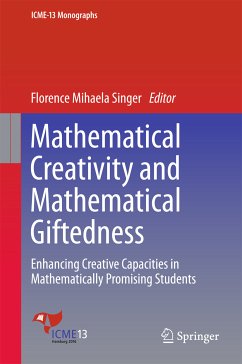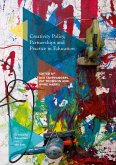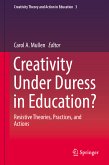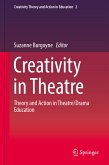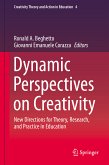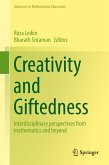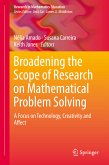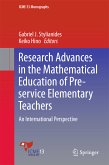The book offers, among others: analyses of substantial learning environments that promote creativity in mathematics lessons; discussions of a variety of strategies for posing and solving problems; investigations of students' progress throughout their schooling; and examinations of technological tools and virtual resources meant to enhance learning with understanding. Multiple perspectives in the interdisciplinary fields of mathematical creativity and giftedness are developed to offer a springboard for further research. The theoretical and empirical studies included in the book offer a valuable resource for researchers, as well as for teachers of gifted students in specialized or inclusive settings, at various levels of education.
Dieser Download kann aus rechtlichen Gründen nur mit Rechnungsadresse in A, B, BG, CY, CZ, D, DK, EW, E, FIN, F, GR, HR, H, IRL, I, LT, L, LR, M, NL, PL, P, R, S, SLO, SK ausgeliefert werden.

